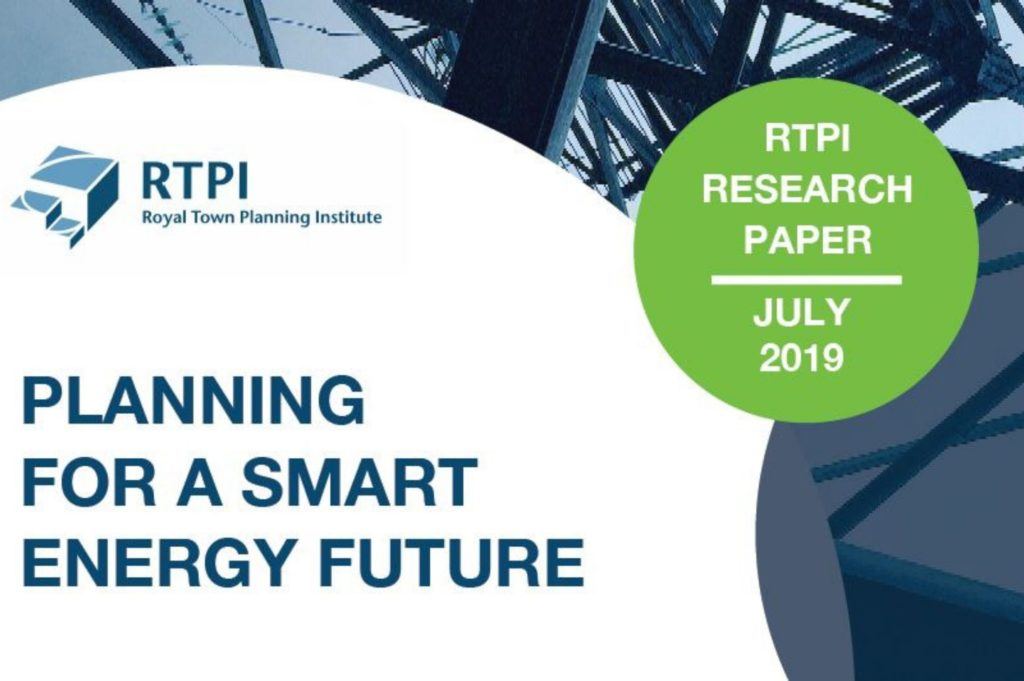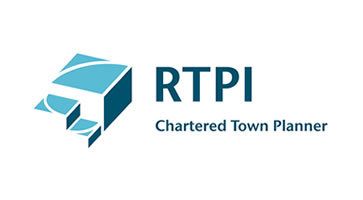A new report published by the Royal Town Planning institute (RTPI) states that planning needs to change in order to support a smooth transition to a net zero-carbon future.
The recently published report highlights the lack of attention given to ‘smart energy’ in national planning policy and guidance and the gap between what happens on the ground and the opportunities offered by smart energy.
“Nothing should be planned without demonstrating it is fit to take its place in a net-zero emissions future… It makes no sense for what is planned and built today to be delivered in a way, or in places, that will require costly retrofitting tomorrow,” says the report.
The report finds notable strides have been taken to cut emissions using the existing planning toolkit, but the pace of change is out of step with the ambitions set out in the Clean Growth Strategy and what is needed to meet the UK’s legal commitments to decarbonise.
The perceived lack of attention given to cutting carbon emissions by MHCLG has pushed energy down the list of priorities for many local planning authorities, it finds.
The report is calling for a refresh of the National Planning Policy Framework or, with greater immediacy, a written ministerial statement, to give greater national political clarity that smart energy and climate change have equal status with planning for housing, transport and economic growth.
It also urges the Ministry of Housing, Communities and Local Government and the Department for Business, Energy and Industrial Strategy to work better together and devise a joint action plan that allows energy policy to be informed by planning and land use considerations, and carbon reduction to be achieved more effectively through local planning policy and implementation.
In the absence of nationally robust trajectory for achieving zero carbon standards for domestic and non-domestic buildings, the report recommends that the Government allows local authorities to set much higher local standards.
The report highlights the good work that is underway locally to drive forward smart energy through planning including in Milton Keynes, Cornwall, Bristol and Greater Manchester, but on the whole finds such examples are the exception rather than the rule.
It reminds local authorities of their legal duty to ensure their development plans contribute to mitigation of and adaptation to climate change, and asks MHCLG to send a clear message to the Planning Inspectorate that local plans should be examined on their climate change mitigation ambitions as much as their housing provision.
The report follows closely the launch of the Institute’s Resource Planning for Climate Action campaign last month, which calls on the Government to take radical climate actions around buildings and transport, and to develop a tool to help local authorities gauge the carbon impact of existing and emerging local plans.
Jonathan Jenkin, Managing Director of Planning & Design welcomes the RTPI report and the premise that “nothing should be planned without demonstrating it is fit to take place in a net zero emissions future.”
Jonathan said “this means preventing future retrofitting. In a net-zero future housing construction should fix carbon, energy should be produced and stored to meet occupants needs and provide energy for transport. Properties should not emit CO2 during everyday use, and components need to be recyclable so that materials can be re-used in future construction.”
“This is a very tall order which confirmed with the needs to produce zero carbon in the community, at work, in education and at leisure; the magnitude of change is substantial.”
“The RTPI report is a first step and the need to cut carbon emissions must be built into the NPRF Local Plans and in the decisions made by Local Planning Authorities.”



